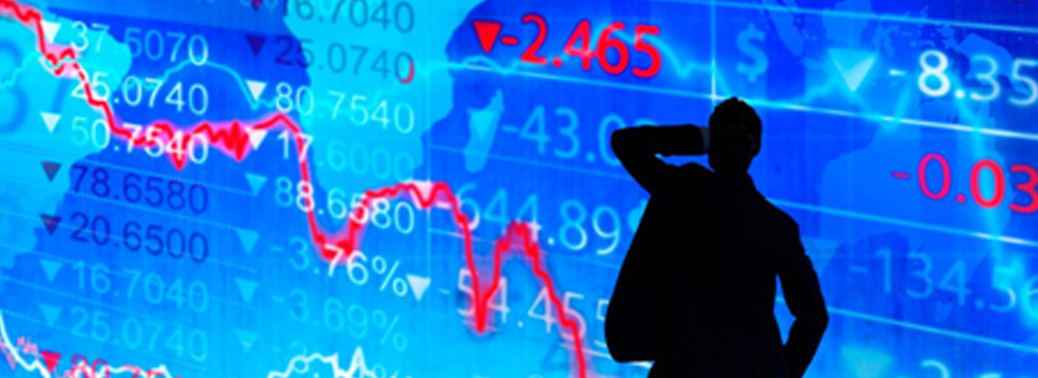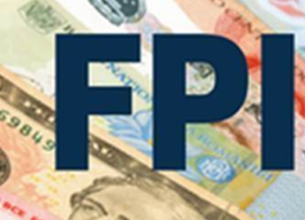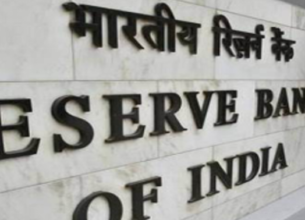COVID-19: GLOBAL MARKETS AND ECONOMY
15, Apr 2020

Prelims level : Capital Market
Mains level : GS-III Indian Economy and Issues Relating to Planning, Mobilization of Resources, Growth, Development and Employment
Context:
- The COVID-19 pandemic has caused an unprecedented human and health crisis. The measures necessary to contain the virus have triggered an economic downturn. The latest Global Financial Stability Report shows that the financial system has already felt a dramatic impact, and a further intensification of the crisis could affect global financial stability.
- Volatility has spiked –
- The uncertainty about the economic impact of the pandemic, had increased the volatility in the market.
- With the spike in volatility, market liquidity has deteriorated significantly.
- The First Line of Defense –
- To preserve the stability of the global financial system and support the global economy, central banks across the globe have been the first line of defense.
- 1. First,they have significantly eased monetary policy by cutting policy rates.
- 2. Second,central banks have provided additional liquidity to the financial system, including through open market operations.
- 3. Third,a number of central banks have agreed to enhance the provision of U.S. dollar liquidity through swap line arrangements.
- 4. And finally, central banks have reactivated programs used during the global financial crisis, including to purchase riskier assets such as corporate bonds.
- By effectively stepping in as “buyers of last resort” in these markets and helping contain upward pressures on the cost of credit, central banks are ensuring that households and firms continue to have access to credit at an Affordable Price.
- The Vulnerability of Emerging Markets –
- As so often happens at times of financial distress, emerging markets risk bearing the heaviest burden.
- In fact, emerging markets have experienced the sharpest portfolio flow reversal on record (FPIs cashing out all they can) posing stark challenges to more vulnerable countries.
- The Spiralling Effect –
- Tougher & lasting containment measures = further tightening of global financial conditions = more severe and prolonged downturn.
- Such a tightening may, in turn, expose financial vulnerabilities that have built in recent years in the environment of extremely low interest rates. This would further exacerbate the COVID-19 shock.
- As firms become distressed and default rates climb higher, credit markets may come to a sudden stop.
- Looking Ahead –
- Central banks will remain crucial to safeguarding the stability of global financial markets and maintaining the flow of credit to the economy.
- But this crisis is not simply about liquidity.
- It is primarily about solvency—at a time when large segments of the global economy have come to a complete stop.
- As a result, both monetary and fiscal policy have a vital role to Play.
- The Troubled Path of India –
- The immediate economic and market impacts of the coronavirus have been on India’s financial markets as well as the rupee, which hit a new low.
- For firms laden with dollar-denominated debts, a continuous weakening of the rupee is likely to intensify their struggles to repay their obligations.
- Beyond the financial shocks, India has to urgently find a way to cushion the demand-side shocks induced by ongoing containment measures.
- Although the recent drop in oil prices offers some reprieve, it is inevitable that India will have to undertake more aggressive counter-cyclical fiscal measures at some stage to buffer against acute negative shocks arising from the spread of Covid-19.
- Together, monetary, fiscal, and financial policies should aim to cushion the impact of the COVID-19 shock and to ensure a steady, sustainable recovery once the pandemic is under control. Close, continuous international coordination will be essential to support vulnerable countries, to restore market confidence, and to contain Financial Stability Risks.











